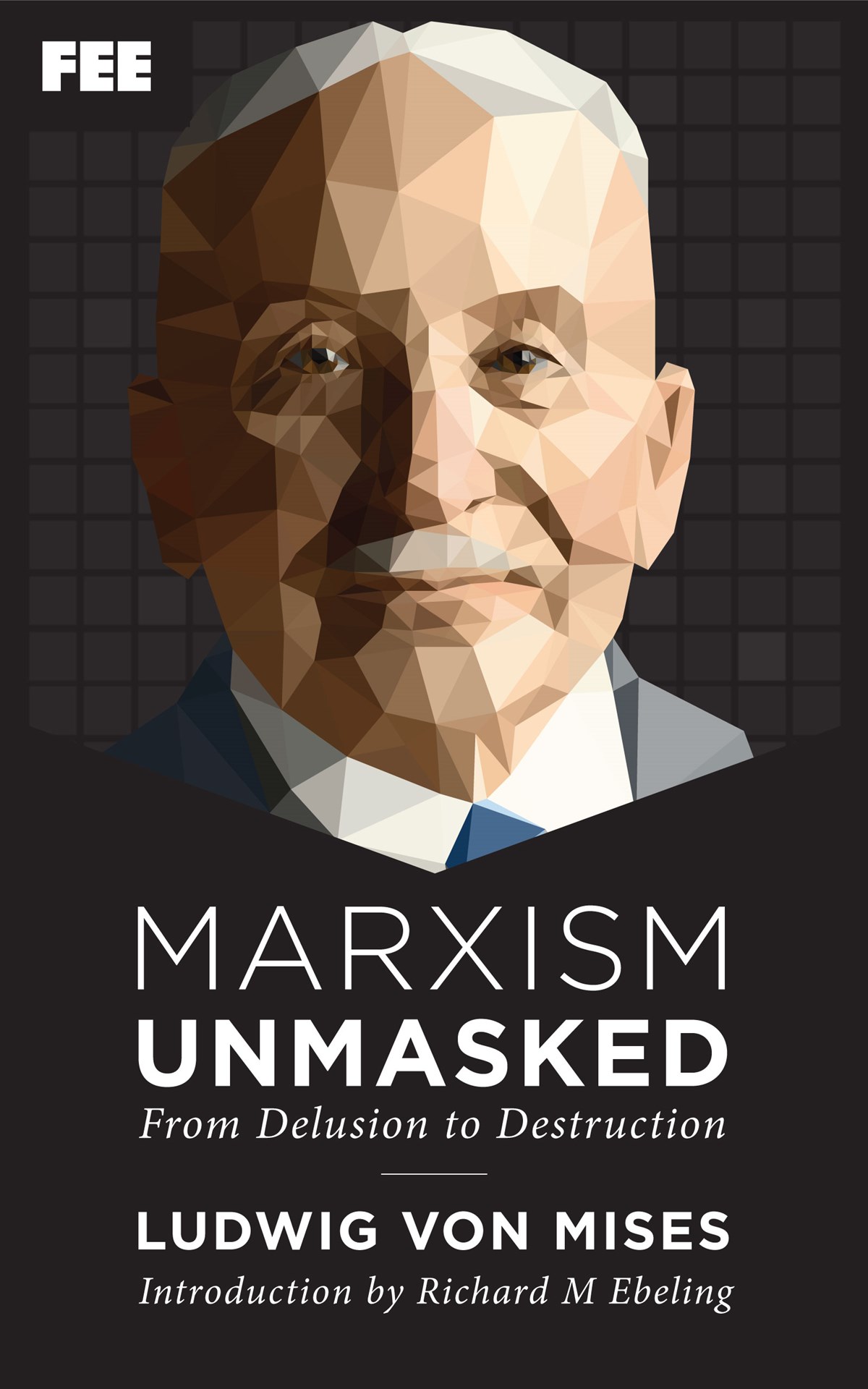In recent years, there has been growing criticism of traditional intellectual history narratives. While these narratives have long been revered for their exploration of influential thinkers and revolutionary ideas, many scholars argue that they often overlook marginalized voices and neglect the broader societal context in which intellectual developments occur. This article seeks to delve into some of the key critiques that have been levelled against traditional intellectual history narratives and to explore the ways in which these critiques have spurred a reevaluation of the discipline.
1. Exclusion of Marginalized Voices
One of the most prominent criticisms of traditional intellectual history narratives is their tendency to focus overwhelmingly on the perspectives of privileged and often white male thinkers. This has led to a significant neglect of the contributions of women, people of color, and individuals from non-Western cultures. By glossing over the intellectual achievements of these marginalized groups, traditional narratives perpetuate an incomplete and biased understanding of intellectual history.
2. Neglect of Socioeconomic Factors
Another critique centers on the failure of traditional intellectual history narratives to adequately consider socioeconomic factors. Intellectual developments do not occur in a vacuum, and it is imperative to situate ideas within the broader socioeconomic conditions of their time. By disregarding the influence of class, wealth disparities, and power dynamics, traditional narratives paint an overly idealized picture of intellectual progress, one that fails to acknowledge the complexities of societal forces on the evolution of ideas.
3. Eurocentrism and the Global Perspective
Many scholars have also pointed out the Eurocentric bias that pervades traditional intellectual history narratives. The glorification of Western intellectual traditions often comes at the expense of neglecting the valuable contributions from non-European cultures. This Eurocentrism not only distorts the true global nature of intellectual history but also reinforces a hierarchical view of knowledge that places Western ideas at the pinnacle, marginalizing the rich intellectual traditions of other regions.

Credit: brill.com
4. The Need for Inclusive and Intersectional Approaches
The criticisms outlined above have fueled calls for a more inclusive and intersectional approach to intellectual history. This involves actively seeking out and amplifying the voices of historically marginalized individuals and communities, as well as embracing a broader, more diverse range of intellectual traditions. An intersectional approach also demands an examination of the interconnectedness of various social identities and systems of oppression, recognizing that intellectual history is deeply intertwined with broader struggles for equality and justice.
5. The Role of Power and Resistance
Finally, another key critique revolves around the role of power and resistance in shaping intellectual history. Traditional narratives often downplay the ways in which ideas are intertwined with power dynamics and how they can be used both to bolster existing power structures and to challenge them. By foregrounding the ways in which intellectual history is shaped by contests for power and resistance, scholars hope to provide a more nuanced and critical understanding of the forces that drive intellectual change.

Credit: link.springer.com
Frequently Asked Questions Of Critiques Of Traditional Intellectual History Narratives: Unmasking The Power Imbalances
Faq 1: What Are The Drawbacks Of Traditional Intellectual History Narratives?
Traditional intellectual history narratives often overlook marginalized voices and perspectives, resulting in a biased and incomplete portrayal.
Faq 2: How Does The Critique Of Traditional Narratives Improve Historical Analysis?
By questioning traditional narratives, we can explore alternative viewpoints and uncover hidden stories, enriching our understanding of history.
Faq 3: What Are Some Examples Of Alternative Narratives Challenging Traditional Views?
Feminist, postcolonial, and critical race theories offer different perspectives that challenge the dominant narratives in intellectual history.
Faq 4: How Does Incorporating Diverse Narratives Reshape Our Understanding Of Intellectual History?
Incorporating diverse perspectives allows us to recognize the contributions of previously marginalized groups, painting a more nuanced and comprehensive picture.
Conclusion
As the critiques of traditional intellectual history narratives continue to gain traction, there is a growing recognition of the need to reexamine and reshape the discipline. By acknowledging the limitations of traditional approaches and actively working to address the shortcomings, scholars can move towards a more comprehensive, diverse, and socially conscious understanding of intellectual history. The ongoing reevaluation of traditional narratives presents an exciting opportunity to uncover overlooked perspectives, challenge existing power dynamics, and enrich our understanding of the complex tapestry of human thought.
Guest Author Sakhawat-Shuvo wrote and edited this Article based on his best knowledge and understanding. These opinions and remarks are not endorsed or guaranteed by epichistoria.com or EpicHistoria. The Epic Historia does not guarantee this article’s content. Readers should verify and use their judgment before trusting the content. Also, the Images used in this Article are the copyright of their Respective Owners. Please use our Comment Box or Contact Us form to report this content. This information is not accountable for losses, injuries, or damages.

